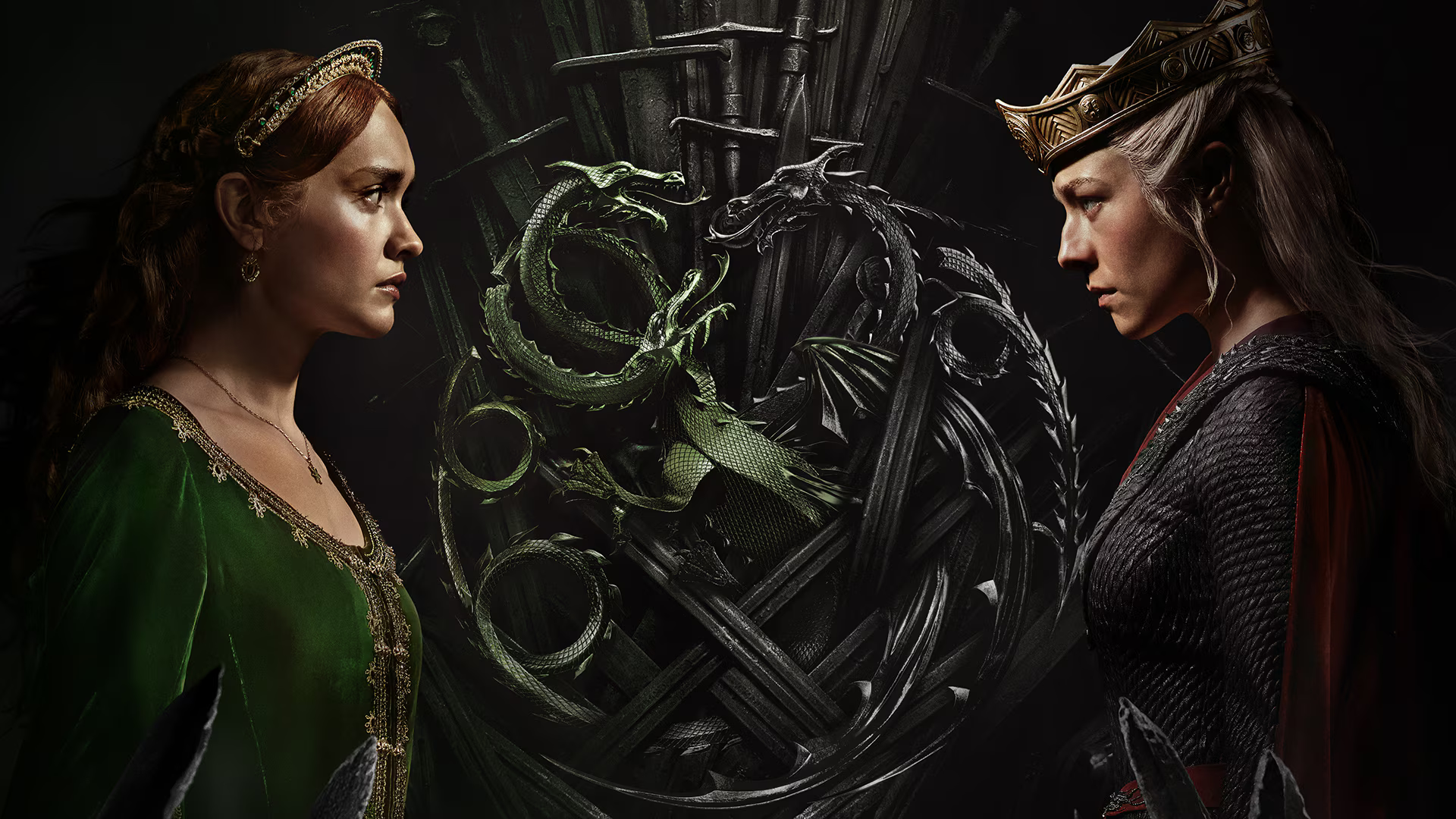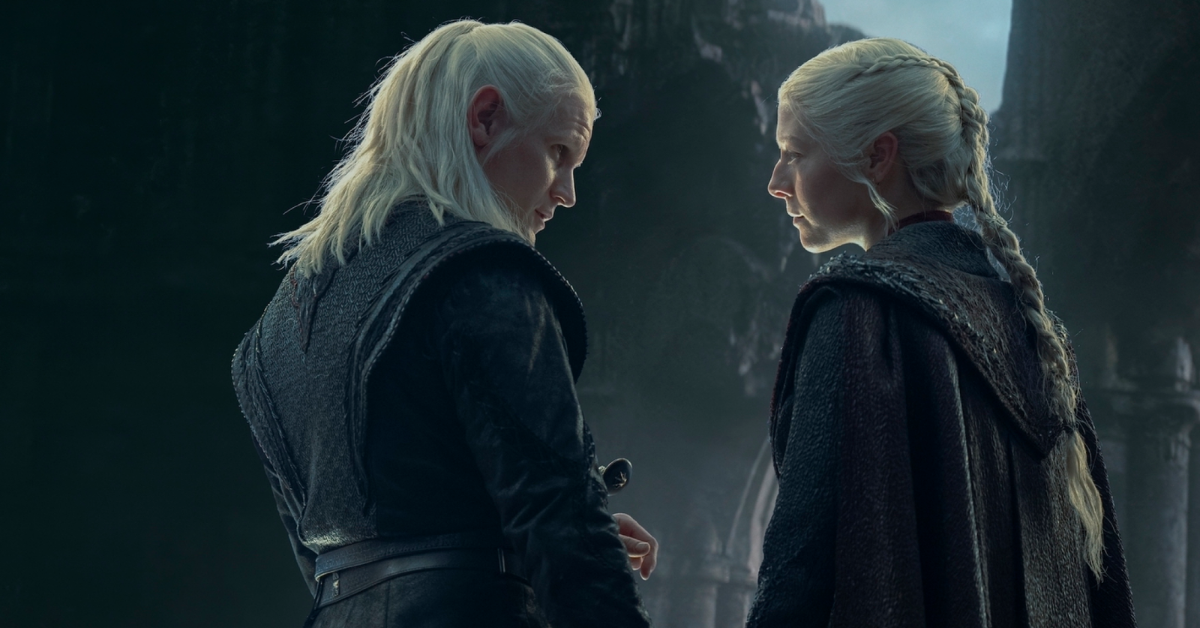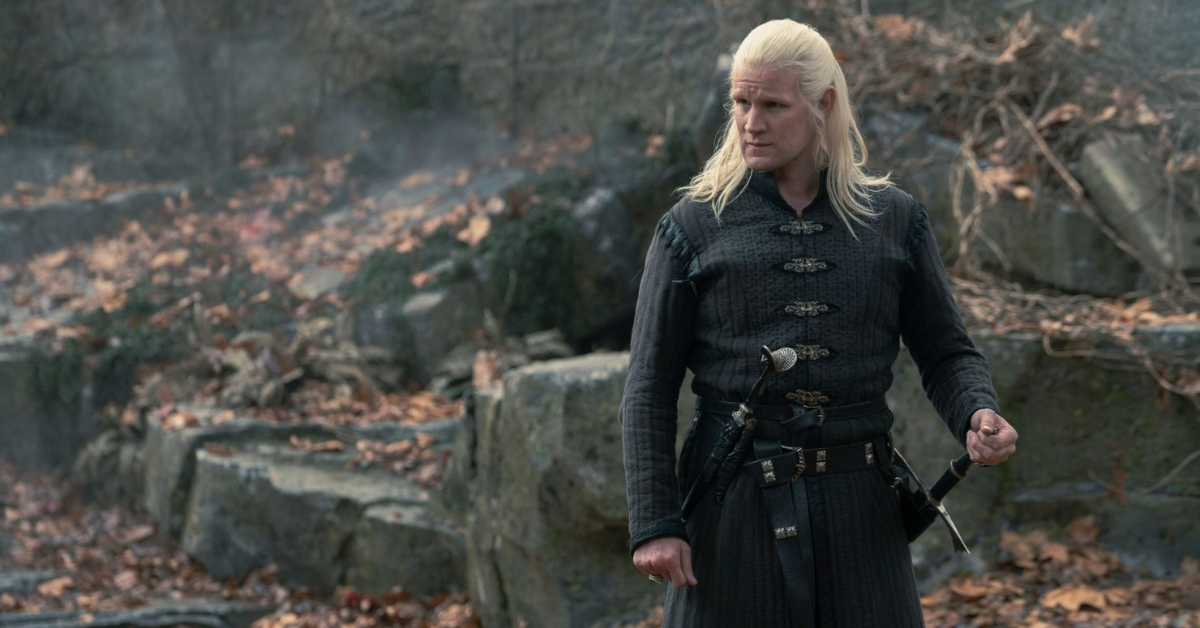Even before it debuted at the Venice International Film Festival in September, there was a great deal of buzz for The Whale’s lead performance from Brendan Fraser. Fraser, a star of 90s action and comedy titles such as Airheads, Bedazzled, George of the Jungle, and most notably, The Mummy, saw his star begin to fade over the next two decades. However, he never left Hollywood. Instead, he found more supporting roles and voice work. In 2018, GQ ran a powerful profile of the actor which highlighted many of his behind the scenes struggles. And he returns to the spotlight here in 2022 leading the newest project from acclaimed director Darren Aronofsky (Requiem for a Dream, The Wrestler, Black Swan, Mother!).
The Whale is an adaptation of the 2012 Samuel D. Hunter play of the same name. Charlie (Fraser) is an English professor who teaches a number of online college writing courses. He also weighs over 600 lbs. Charlie never leaves home and never allows his students to view him during their online meetings. He is visited and aided often by his close friend Liz (Hong Chau), who is greatly concerned for Charlie’s well being.
Charlie is ashamed of himself. Embarrassed by what he’s allowed himself to become, Charlie continuously engages in a cycle of grief which leads to self abuse through his overeating. The Whale introduces us, and one of the film’s more curious characters Thomas, to Charlie’s world in the most embarrassing way possible. He is having some sort of medical episode following a moment of self pleasure, which Thomas (Ty Simpkins) interrupts. Thomas is a Christian missionary who seemingly miraculously interrupts Charlie—possibly saving his life. This event forces Charlie to reckon with his health, his life, and his relationships—primarily his estranged daughter Ellie (Sadie Sink).
The events of the film then take place over the following week in what becomes a very stage-y structure. This structure is one of the movie’s primary weaknesses as it begins to feel more and more like a play. Aronofsky, who has proven himself to be one of the more imaginative and visually imaginative directors working, allows the story and the players to take center stage. Thematically, it connects to a few of his earlier works. However, except for a few flourishes, it feels very restrained from his typical style.
The material here is very difficult. And, while Charlie is optimistic about the potential good inherent in every person, the film is very focused on the grief and depression Charlie is struggling with. Our journey alongside Charlie is personified in Hong Chau’s Liz. Liz struggles with how to best help Charlie. She is brutally honest with him about life expectancy and what he’s doing to himself. Yet, she loves him like family and still enables him because that’s what people do sometimes. Though it is very theatrical in its performances and dialogue, many of the character motivations feel authentic. Sadie Sink (Stranger Things, Fear Street) could be an angel in disguise or a demon causing chaos—Charlie chooses to believe the former, and we are left to wonder.
Fraser is great in this role, and the body prosthetic is incredible in the ways that it needs to be. Fraser, who has gone through a lot himself, seemingly brings a lot of that pain and optimism to his performance. Yet, by the third act, as players have rotated in and out in a very theatrical way, it feels like performance for performance’s sake as Fraser, Sink, Chau, and others go at one another in big monologue moments with lots of crying, yelling, and somber tones. The film asks spiritual questions and engages with ideas of humanity and human nature. It deals at length with grief and depression and the snowball effect trauma can have.
The Whale is very engrossing and enthralling in its first hour. But, as it pushes on, the cracks begin to show. It’s anchored by a mostly great ensemble (and when the weaker players show up, it is very noticeable) and what will presumably be an Oscar-winning turn from Fraser. However, it begins to suffer under the demands of its theatrical structure before moving into a muddled finale to bring us home. At many times, it feels like a companion piece to The Wrestler, which I think is the better version of this tale. I was flummoxed that Mickey Rourke lost out in that year’s Oscar race, but I don’t think Fraser will suffer the same fate. Fraser seems like he got dealt a bad hand, but he’s remained optimistic. In many ways, he’s become something of an underdog. So, I find myself cheering him on this year, though it might not be my personal favorite performance.
If you like showy performances from actors with big monologues and emotional moments and films that not only deal in depression but burrow deep into it in hard-to-watch ways, The Whale might be for you—and I’d suggest a matinee screening. But, if watching someone hurt themselves repeatedly while people try to help turns you off, you might wait for this to go to streaming.
Charlie is ashamed of himself. Embarrassed by what he’s allowed himself to become, Charlie continuously engages in a cycle of grief which leads to a form of abuse through his overeating. The Whale introduces us, and one of the film’s more curious characters Thomas, to Charlie’s world in the most embarrassing way possible. He is having some sort of medical episode following a moment of self pleasure, which Thomas (Ty Simpkins) interrupts. Thomas is a Christian missionary who seemingly miraculously interrupts Charlie—possibly saving his life. This event forces Charlie to reckon with his health, his life, and his relationships—primarily his estranged daughter Ellie (Sadie Sink).
The events of the film then take place over the following week in what becomes a very stage-y structure. This structure is one of the movie’s primary weaknesses as it begins to feel more and more like a play. Aronofsky, who has proven himself to be one of the more imaginative and visually imaginative directors working, allows the story and the players to take center stage. Thematically, it connects to a few of his earlier works. However, except for a few flourishes, it feels very restrained from his typical style.
The material here is very difficult. And, while Charlie is optimistic about the potential good inherent in every person, the film is very focused on the grief and depression Charlie is struggling with. Our journey alongside Charlie is personified in Hong Chau’s Liz. Liz struggles with how to best help Charlie. She is brutally honest with him about life expectancy and what he’s doing to himself. Yet, she loves him like family and still enables him because that’s what people do sometimes. Hong Chau is the MVP for me in this movie. The range of emotions her character must endure while being delivered in more natural and authentic ways cements her as a dynamic powerhouse. While Fraser will be a frontrunner for the Oscar, Chau should be getting similar support in the supporting actress category.
Though it is very theatrical in its performances and dialogue, many of the character motivations feel authentic. Sadie Sink (Stranger Things, Fear Street) could be an angel in disguise or a demon causing chaos—Charlie chooses to believe the former, and we are left to wonder.
Fraser is great in this role, and the body prosthetic is incredible in the ways that it needs to be. Fraser, who has gone through a lot himself, seemingly brings a lot of that pain and optimism to his performance. Yet, by the third act, as players have rotated in and out in a very theatrical way, it feels like performance for performance’s sake as Fraser, Sink, Chau, and others go at one another in big monologue moments with lots of crying, yelling, and somber tones. The film asks spiritual questions and engages with ideas of humanity and human nature. It deals at length with grief and depression and the snowball effect trauma can have.
The Whale is very engrossing and enthralling in its first hour. But, as it pushes on, the cracks begin to show. It’s anchored by a mostly great ensemble (and when the weaker players show up, it is very noticeable) and what will presumably be an Oscar-winning turn from Fraser. However, it begins to suffer under the demands of its theatrical structure before moving into a muddled finale to bring us home. At many times, it feels like a companion piece to The Wrestler, which I think is the better version of this tale. I was flummoxed that Mickey Rourke lost out in that year’s Oscar race, but I don’t think Fraser will suffer the same fate. Fraser seems like he got dealt a bad hand, but he’s remained optimistic. In many ways, he’s become something of an underdog. So, I find myself cheering him on this year, though it might not be my personal favorite performance.
If you like showy performances from actors with big monologues and emotional moments and films that not only deal in depression but burrow deep into it in hard-to-watch ways, The Whale might be for you—and I’d suggest a matinee screening. But, if watching someone hurt themselves repeatedly while people try to help turns you off, you might wait for The Whale to go to streaming.
Connect
Arthur is a creator of content, lover of movies, and father of dogs. If you want to keep the conversation going, then click here to follow Arthur on Twitter. If you would like to keep up with what Arthur is watching, then head over to Letterboxd and give him a follow!




Leave a Reply